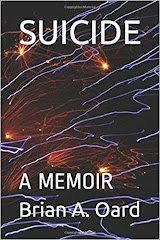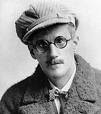Wednesday, June 3, 2009
A THOUGHT ON NARRATIVE AND MEMORY
Successful trash can be more memorable than unsuccessful art. I read Virginia Woolf's The Waves a little over a year ago and remember nothing about it except my dislike of its solipsistic monotony; contrastingly, Thomas Harris's Hannibal, his trashy follow-up to The Silence of the Lambs, left still-legible snail-slimy tracks across my neural network. The power of narrative to worm its way into the deep places of our brains may be to blame. This idea points to the greatest problem, as I see it, with much postmodern fiction: its narrative deficit renders it relatively unmemorable; the absence of a strong narrative arc seems to diminish the importance of individual scenes. This is even true of the very best non-narrative postmodernism. Italo Calvino's Invisible Cities is one of my favorite novels, but it disappeared from my mind almost immediately after my first reading. I've read it again since, but if pressed to describe any of its incomparably beautiful and strange inventions, I could probably only recall two or three. Everything in these books tends to blur into a postmodern haze redolent of Seventies potsmoke and the Starland Vocal Band's "Afternoon Delight." Narrative, then, is as terribly important as the traditionalists say, perhaps even more important. We homo sapiens sapiens (the species so nice we named ourselves twice) seem to be designed (unintelligently) for the retention of narratives. So tell me a story...
Subscribe to:
Post Comments (Atom)










No comments:
Post a Comment